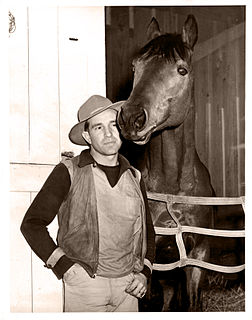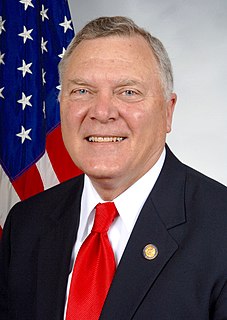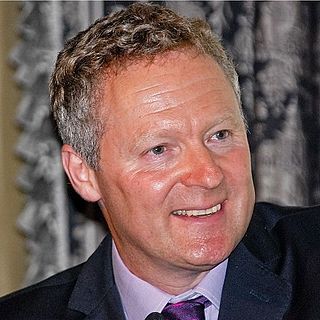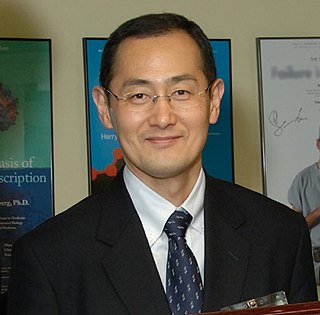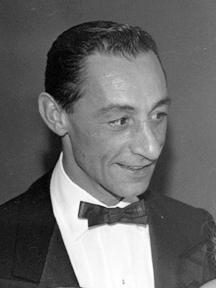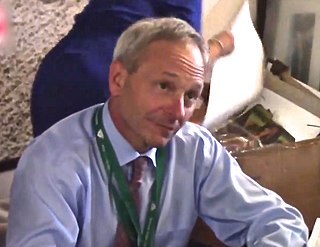A Quote by George Woolf
Researchers and biotech executives foresee the day when the effects of many catastrophic diseases can be reversed. The damaged brains of Alzheimer's disease patients may be restored. Severed spinal cords may be rejoined. Damaged organs may be rebuilt. Stem cells provide hope that this dream will become a reality.
Related Quotes
The good news is we are seeing an incredible surge in non-animal technologies in laboratories. With researchers using stem cells, visually impaired people may one day have new corneas and lenses grown from their own cells. That is likely to be a more effective and cheaper approach than using animals.
I may not be funny. I may not be a singer. I may not be a damn seamstress. I may have diabetes. I may have really bad vision. I may have one leg. I may not know how to read. I may not know who the vice president is. I may technically be an alien of the state. I may have a Zune. I may not know Excel. I may be two 9-year-olds in a trench coat. I may not have full control of my bowels. I may drive a '94 Honda Civic. I may not “get” cameras. I may dye my hair with Hydrogen Peroxide. I may be afraid of trees. I may be on fire right now. But I'm a fierce queen.
There's already a lot of active research going on using the Crispr technology to fix diseases like Duchenne muscular dystrophy or cystic fibrosis or Huntington's disease. They're all diseases that have known genetic causes, and we now have the technology that can repair those mutations to provide, we hope, patients with a normal life.
Both in Britain and America, huge publicity has been given to stem cells, particularly embryonic stem cells, and the potential they offer. Of course, the study of stem cells is one of the most exciting areas in biology, but I think it is unlikely that embryonic stem cells are likely to be useful in healthcare for a long time.
The issue of torture, connected to American soldiers, is not somewhere most people want to linger. We may not want to confront this issue so much in the U.S. because of how we want to think about our veterans. There's the sense that we want to think of our veterans as - if they're damaged, damaged by something glamorous, like a firefight.
Going after a dream has a price. It may mean abandoning our habits, it may make us go through hardships, or it may lead us to disappointment, et cetera. But however costly it may be, it is never as high as the price paid by people who didn't live. Because one day they will look back and hear their own heart say: 'I wasted my life.'
